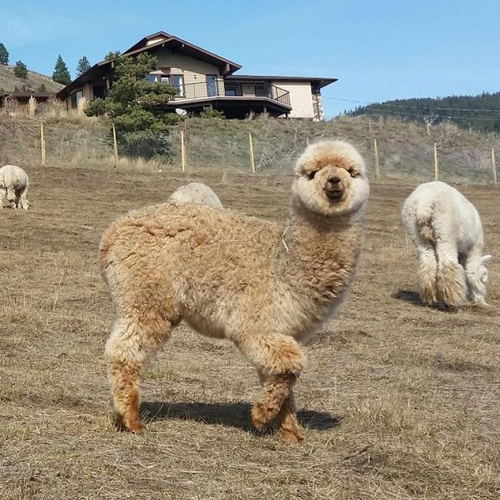
This line accentuates the unique beauty of Quechua weaving and supports native artisans. These items are on-hand in limited numbers only. They represent hand-made unique specimens which can't be produced as often as desired.
For 5,000 years traditional weaving techniques have been used from the coastal cities of Paracas and Nazca up to the cities of Cusco and Ayacucho in the Andes mountains. They are as integral a part of the local identity as herding alpacas and the Quechua language.
It is our commitment to keeping these traditions alive by making them economically viable. We want to support young Quechua men and women to use their unique knowledge of natural fibres, natural dyes, and textile traditions and pass it on to their children and grandchildren living in their communities.
International development studies show that when women receive their own income, the health and well-being of their children improves at a much faster rate than when men have sole control of the family?s income.
Quechua women have very little access to education and economic opportunities close to their native communities.
By marketing the traditional work of weavers, which are mostly women we support local Quechua women to earn an income while living their traditional lifestyle, caring for their children and still being proud of their cultural heritage.
It is important to understand that these items are not comparable to machine-made products. They are unique and may slightly differ in structure and colour. Each item comes with a tag mentioning the artisan’s name, who made it. These fabrics are tighter woven than machine-made garments, leading to slightly higher weight but extraordinary durability. Such garments, which were hundreds of years old, could be found in Peru. Outstanding by virtue of its resistance to aging and considering the traditional designs each purchase will be a once-in-a-lifetime one.
You have no products in your Frontpage collection. This placeholder will appear until you add a product to this collection.




